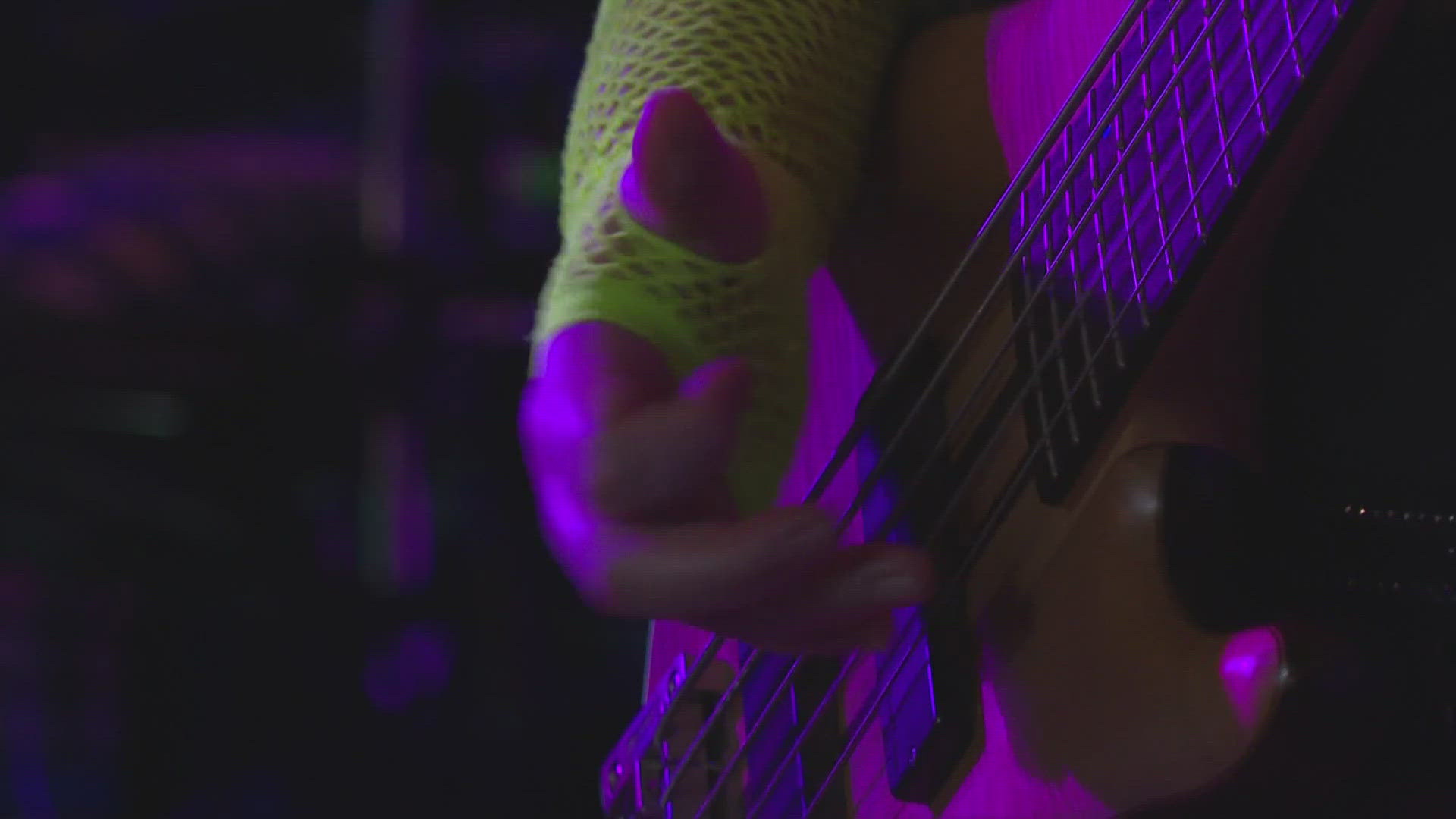If you’re planning on shopping via your favorite retailer’s smartphone app this holiday season, be sure you’re not setting yourself up for fraud.
Fraudulent app developers are flooding Apple and Android app stores with fake shopping apps just in time for the busy holiday shopping season. Fake apps have posed as legitimate retailers for luxury brands like Moncler, Celine, and Salvatore Ferragamo, according to the NY Post.
It’s hard for experts to tell exactly how many fake apps are present in app stores, because they are constantly launching and shutting down, says Ashish Toshniwal, CEO of Y Media Labs, a Silicon Valley-based product design company that has developed apps for big brands such as The North Face, Home Depot, and L’Oreal.
Fake retail apps have been a problem for years, says Toshniwal, but “it gets pretty bad over the holiday season.” Two in three retailers don’t have an iOS or Android app, which has given scammers the opportunity to create fake apps tied to legitimate retailers in hopes of luring in unsuspecting customers.
We spoke to industry experts about what you should look for so you don’t get duped by a fake app this holiday season. Here are their top suggestions to protect yourself.
You’re not shopping through a trusted app store.
If you have any doubts about an app’s legitimacy, go directly to the retailer’s website and see if they promote the app. If they do have an app, they will direct you to the correct source.
The reviews are poor.
If the app you’re considering seems questionable, there is a good chance someone who downloaded it before you might have commented about it.
“Don't be the first to try a retail app out," says Charlie Fairchild, the lead software engineer at WillowTree, a mobile app development company whose list of clients include PepsiCo, AOL, and Time Warner.
There are tons of typos.
Typos can be a dead giveaway that you’re dealing with an app that has not been created by a professional developer. Also, take a look at screenshots before you download the app (most apps have to include screenshots in the app store). If the screenshots are fuzzy or look low quality, steer clear.
There’s only one app for a major brand.
Some large companies, such as The Coca-Cola Company, develop many apps for all of the company’s brands. It’s rare to see a major brand not have several different apps available. So if you see an app for a large brand that seems like a one-off, it could be a red flag.
“Fake companies tend to not release a lot of apps under the same name because of the chances of them getting shut down,” Toshniwal says.


They ask for too much information.
Some apps go even further than stealing your credit card information; they may also ask for permissions to access to your photos, contacts, location, or social media profiles as well.
For a simple retail shopping app, there is generally no need for an app to access your contacts or images in order for you to buy something from them. If you absentmindedly agree to a permission without reading the request, you may grant access to information or files that could be harmful to you or others you are connected to.
There are lots of annoying pop-ups.
Lastly, stay vigilant for any sketchy activity when you’re using the application. That could mean an unusual amount of ads or pop-up forms, unusually priced items, a lack of contact information, or anything else that seems off.
Don’t chance your sensitive information this holiday season. If you think you’ve downloaded a fake app, delete it immediately, and report it to Apple or Google so it can be removed.



